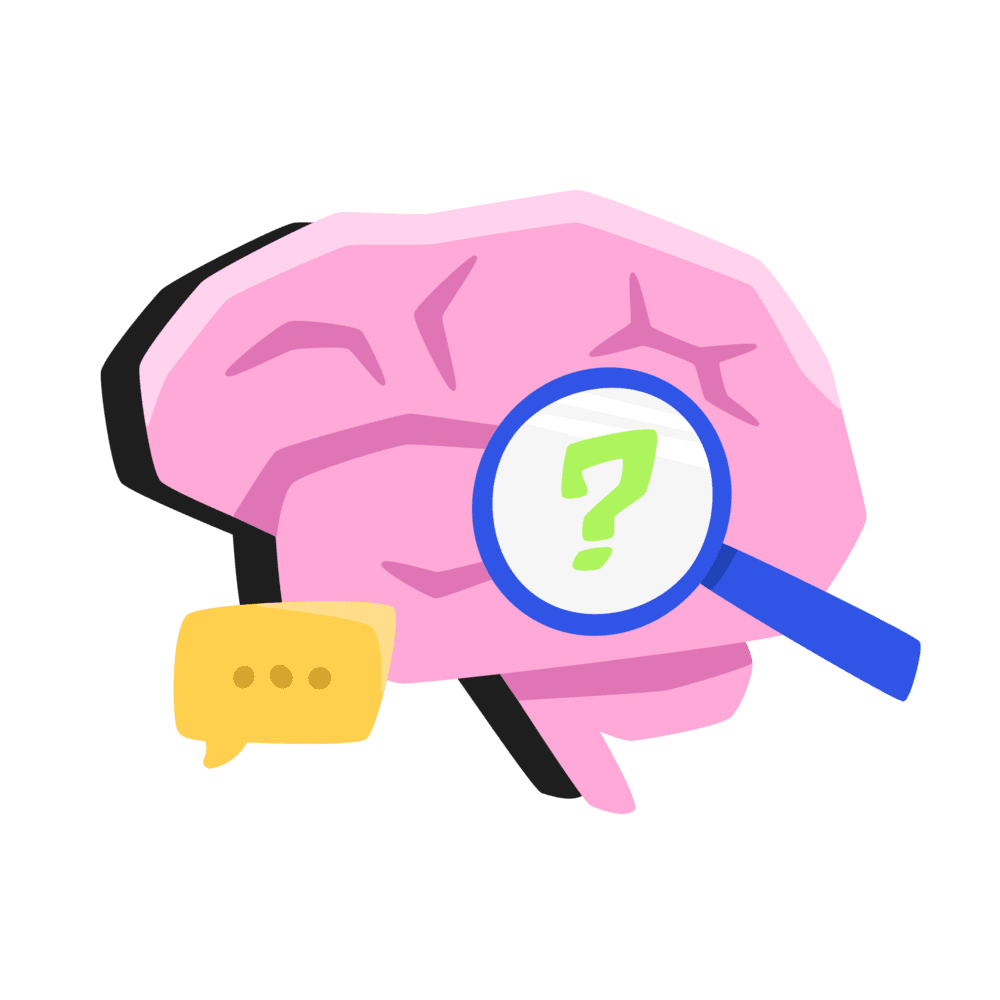Our interactions with others shape our neural pathways and emotions. This interaction is at the heart of interpersonal neurobiology (IPNB), a multidisciplinary field combining insights from neuroscience, psychology, and relationships. Through understanding how our brains are wired for connection, therapists harness the power of IPNB to foster healing and growth in their clients.
Unraveling the Essence of Interpersonal Neurobiology
At its core, interpersonal neurobiology delves into the dynamic interconnections between the mind, brain, and relationships. Dr. Dan Siegel, a prominent figure in this field, defines IPNB as “the study of how individuals shape one another’s minds in all our relationships.” This holistic approach acknowledges that our brains are social organs, constantly influenced by our interactions with others.
The Brain’s Wiring for Connection
Neuroscience has unveiled the brain’s remarkable capacity for adaptation, a phenomenon known as neuroplasticity. Our brains are sculpted by our experiences, with interpersonal interactions playing a pivotal role in shaping neural circuits related to empathy, communication, and emotional regulation.
Through technologies like functional magnetic resonance imaging (fMRI), researchers have illuminated the neural mechanisms underlying social processes. Mirror neurons, for instance, fire when we act and observe someone else performing the same action, laying the foundation for empathy and social learning.
Applying Interpersonal Neurobiology in Therapy
In therapy, IPNB offers a framework for understanding clients within the context of their relationships and broader social environments. Therapists leverage this perspective to cultivate empathic attunement, fostering a deep sense of connection and safety within the therapeutic relationship.
One fundamental principle of IPNB is “integration” – the harmonious coordination of different aspects of the mind, brain, and body. Therapists help clients integrate fragmented aspects of their experiences, promoting coherence and resilience in the face of adversity.
Techniques and Interventions
Several therapeutic approaches draw upon the principles of interpersonal neurobiology:
- Mindfulness: Cultivating present-moment awareness enables clients to observe their thoughts and emotions without judgment, fostering self-regulation and emotional resilience.
- Attachment-focused interventions: Drawing from attachment theory, therapists help clients explore their early relational patterns and develop more secure attachment styles.
- Emotionally focused therapy (EFT): EFT aims to restructure emotional responses within relationships, helping couples foster deeper connections and resolve conflicts.
- Neurofeedback: This technique utilizes real-time feedback of brain activity to help clients regulate their neural patterns, promoting emotional balance and self-awareness.
The Transformative Power of Connection
By integrating insights from neuroscience and psychology, interpersonal neurobiology illuminates the profound impact of relationships on our mental and emotional well-being. In therapy, this paradigm shift opens new avenues for healing, emphasizing the transformative potential of authentic connection and attuned relationships.
Interpersonal neurobiology reminds us of our inherent capacity for growth, resilience, and deep interpersonal connection.
Ready to begin? Start your online therapy journey today. Book your first session now.




